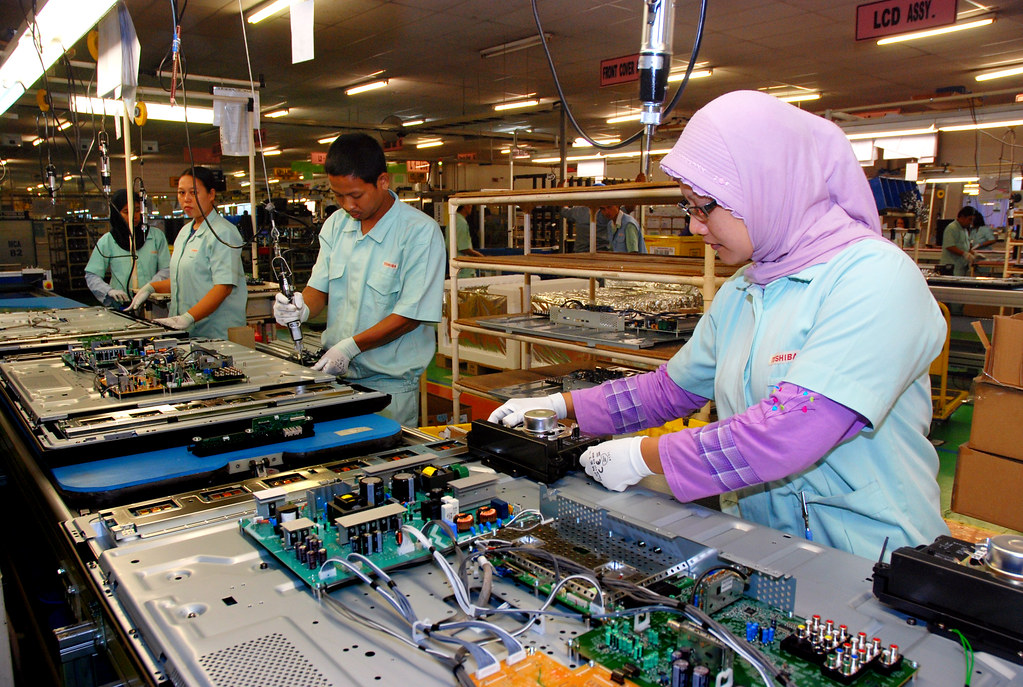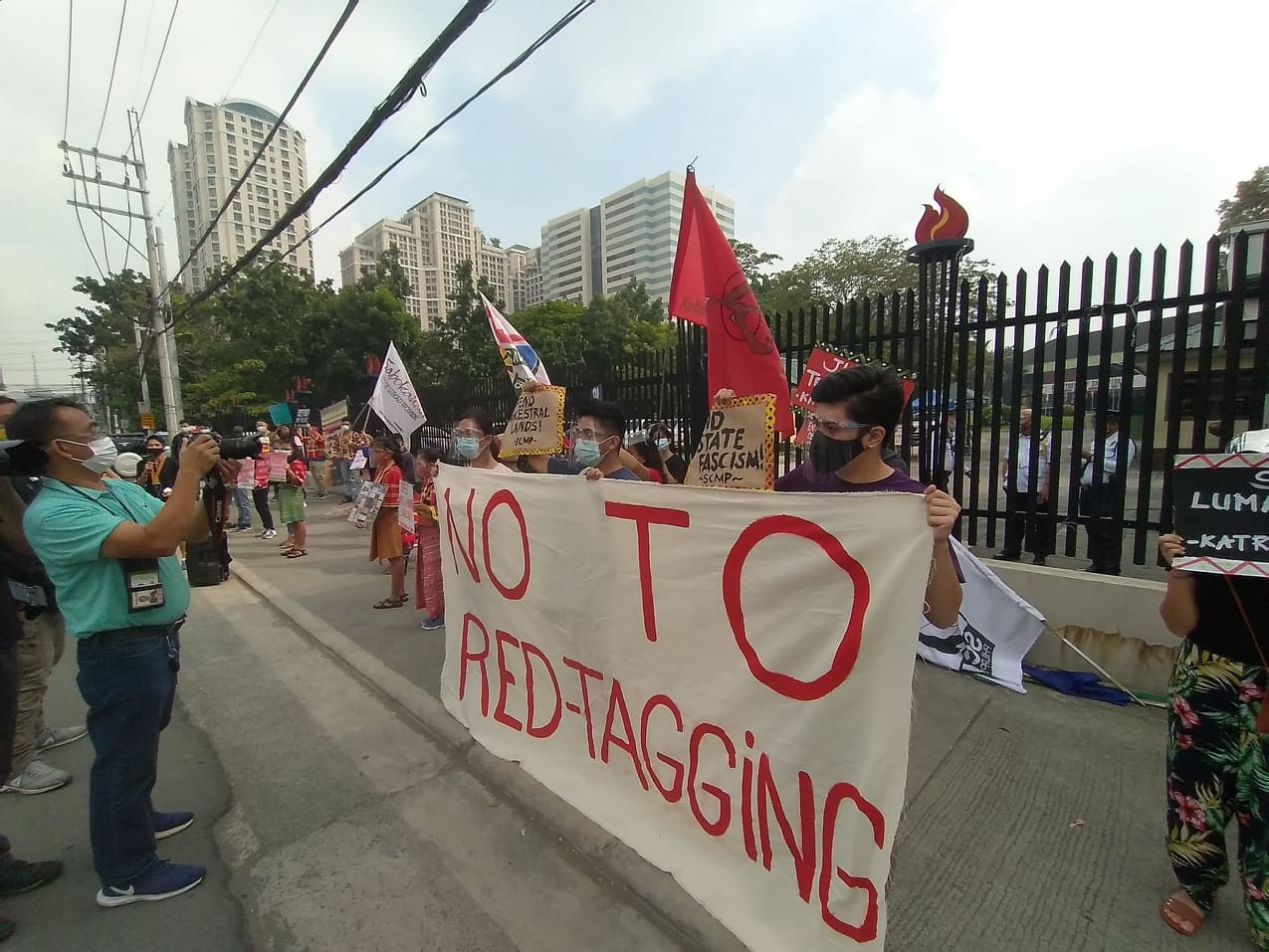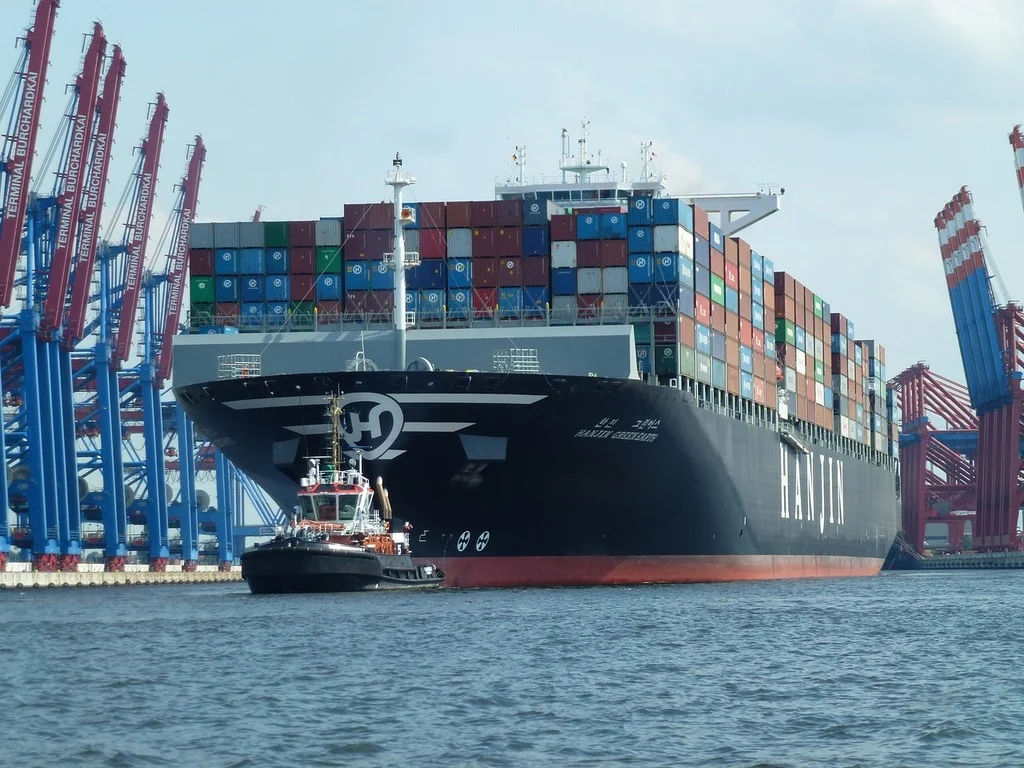Indonesia’s 2014 raw mineral export ban, supported by Chinese investment, transformed it into the world’s top nickel producer and spurred local job growth. Now aiming to build a whole domestic EV industry, the country faces challenges such as low demand, labour unrest, and environmental concerns, casting doubt on its long-term success.
Indonesia’s 2014 ban on raw mineral exports, backed by significant Chinese investment, turned the country into the world’s largest nickel producer. This reshaped global markets and created thousands of local jobs. The government now aims to establish a comprehensive domestic electric vehicle (EV) industry, but it faces hurdles, including weak local demand, labour tensions, and environmental damage from mining. While initiatives like ‘green smelters’ and infrastructure improvements offer some promise, Indonesia’s EV ambitions remain uncertain amid regional competition and global oversupply.
When Indonesia banned exports of unprocessed minerals in 2014, critics were sceptical of using protectionism to foster an emerging nickel mining industry. A decade after billions of dollars in Chinese investment, the country has transformed into the largest producer of nickel, holding 59 per cent of the global market.
An Uncertain Future?
Now, Prabowo is rolling the dice again. Buoyed by their success in the nickel industry, the current administration has cast its eye to creating a fully-fledged domestic EV industry, from nickel extraction to vehicle assembly.
This expansion has been bolstered by China’s Maritime Silk Road initiative (MSR), announced one year after the export ban. The Indonesia Morowali Industrial Park (IMIP), a nickel processing facility in Central Sulawesi, is one of the most significant infrastructural boons gained from Chinese investment.
With investment comes innovation. Morowali’s high-pressure acid leach (HPAL) facilities, which can extract battery-grade nickel, are being constructed more cheaply and faster than Western-built plants. The societal benefits of down-streaming are also tangible. Indonesia’s nickel industry expansion has created job opportunities and improved aspects of social welfare. By 2021, nickel smelter development generated 21,688 jobs, of which 89.5 per cent were local. Cultivating an EV industry would not only boost employment but also upskill local workers and promote infrastructure development in areas surrounding mining and manufacturing.
There is also growth. Import subsidies favouring foreign manufacturers have increased foreign-owned EV sales. In 2024, EV sales more than doubled, accounting for 5 per cent of the national new car market. However, this policy may have had adverse effects. Hyundai, a company that had invested heavily in local supply chains, restricted its rollout of charging stations due to increased competition from foreign manufacturers. Poor access to public charging infrastructure remains a key barrier to EV uptake.
Innovation isn’t everything
While there are clear benefits, Indonesia’s plans to independently produce all components required for EV vehicles also has global ramifications. The innovation in mining resulted in a nickel surplus that led to a 21 per cent price drop in the global average in 2024. In Australia, the price drop triggered a 26 per cent decline in nickel mine production as mining companies responded by reducing or suspending production. Mining conglomerate BHP confirmed in 2024 that the closure of their Western Australia nickel mines would directly impact 1,600 frontline workers.
Lack of Domestic Appetite and Lack of Charging Infrastructure
Whether President Prabowo’s EV dream will be realised is unclear. As The Economist notes, “having the raw materials is only one factor in fostering a supply chain; there are also essential aspects such as logistical capabilities and local know-how.”
Lack of domestic demand for EVs in Indonesia is a glaring issue. The previous Joko Widodo administration aimed to deploy 2 million electric cars and 12 million electric two-wheelers by 2030,. Uptake has been slow, partially because Indonesians overlook nickel EV batteries in favour of cheaper lithium-iron-phosphate car models.
The conflict between mining corporations, migrant workers, and locals is another headwind for future Chinese investment in EVs in Indonesia. Cultural relations between Chinese and local Indonesian workers can be fraught, with alleged preferential treatment and higher pay favouring Chinese workers contributing to disagreements. The ‘two-tiered’ nature of the mining workforce may be partly to blame. Higher-skilled, better-paid jobs are often filled by Chinese migrants, leaving locals confined to low-paying manual labour. In 2023, clashes between Indonesian and foreign Chinese workers at a nickel smelter resulted in two deaths.
Environmental Concerns
While societal and trade issues are one thing, environmental concerns are another. The environmental impacts of an EV supply chain in a country where 42 per cent of the population lives in agrarian regions present a further challenge. A study spanning several years showed that villages near Indonesian nickel mines experienced deforestation at nearly twice the rate of non-mining areas. This deforestation not only threatens wildlife hotspots such as Wallacea but also impacts key industries that rely on the natural environment, including fisheries, forestry, and agriculture. Polluted water bodies force fish to migrate to other areas. Soil mixed with mining materials diminishes its fertility. Despite benefiting from increased investment in infrastructure and public services, poorer communities are likely to suffer the adverse effects of nickel mining, as they lack the resources to combat pollution and its resulting health impacts.
Conclusion
The Indonesian government and Chinese investors are beginning to address present challenges. ‘Green smelter’ projects aim to offset the impact nickel mining has on Indonesia’s environment. Morowali Park has attempted to alleviate cultural frictions by building mosques and hiring local interpreters. However, Indonesia’s investment in EVs still carries risk, and its neighbours, such as Thailand and Vietnam, have both invested heavily in EV manufacturing. With a global glut of Chinese EVs, a small domestic appetite, simmering domestic tensions, and looming environmental degradation, the headwinds faced by Indonesia currently appear greater than the tailwinds.
Annika Ramasay is a Work Integrated Learning (WIL) intern attached to the Herb Feith Indonesian Engagement Centre at Monash University. She studies the Chinese language and international relations.
Dr Sharyn Graham Davies is Director of the Herb Feith Indonesian Engagement Centre and Associate Professor in the field of Indonesian Studies.
This article is published under a Creative Commons License and may be republished with attribution.





